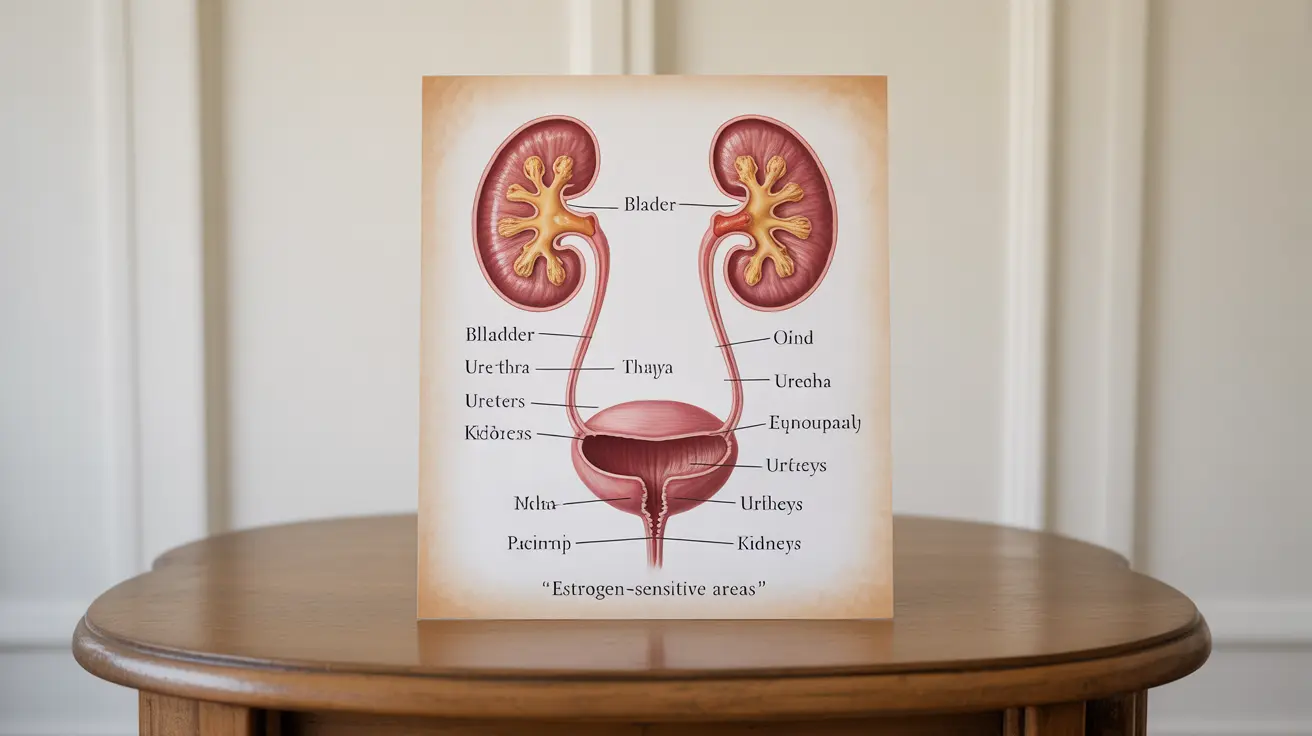Recurrent urinary tract infections (UTIs) can significantly impact the quality of life for postmenopausal women. As estrogen levels decline during menopause, the urinary tract becomes more vulnerable to bacterial infections, leading to frequent UTI occurrences. Understanding effective treatment options and preventive measures is crucial for managing this common health challenge.
This comprehensive guide explores various treatment approaches, from conventional antibiotics to innovative therapies, helping postmenopausal women make informed decisions about their urinary health.
Understanding UTIs in Postmenopausal Women
The hormonal changes during menopause create several physiological changes that increase UTI susceptibility. Lower estrogen levels can lead to vaginal atrophy, changes in vaginal pH, and alterations in the urinary tract's protective bacterial flora. These changes make it easier for harmful bacteria to colonize and cause infections.
Conventional Treatment Approaches
Antibiotic Therapy
Antibiotics remain the cornerstone of UTI treatment in postmenopausal women. Healthcare providers may prescribe short-course antibiotics for acute infections or consider prophylactic options for recurrent cases. The choice of antibiotic depends on local resistance patterns and individual patient factors.
Vaginal Estrogen Therapy
Topical estrogen treatment has shown significant effectiveness in preventing recurrent UTIs. This therapy helps restore vaginal pH and strengthen urinary tract tissues, creating a more hostile environment for bacterial growth. Available forms include creams, rings, or pessaries, which can be prescribed based on individual preference and needs.
Innovative Treatment Options
Vaginal Laser Therapy
Recent advances in medical technology have introduced vaginal laser treatments as a potential option for managing recurrent UTIs. This therapy aims to improve vaginal tissue health and restore natural protective mechanisms against infection, though more research is needed to fully establish its long-term effectiveness.
Electrofulguration
This specialized treatment targets and eliminates infection-prone tissue areas through controlled electrical current application. While showing promise in some cases, it's typically reserved for specific situations where conventional treatments have failed.
Preventive Measures and Lifestyle Changes
Successful management of recurrent UTIs often requires a comprehensive approach that includes lifestyle modifications:
- Maintaining proper hydration
- Practicing good hygiene habits
- Using appropriate intimate care products
- Regular bathroom habits
- Proper wiping technique (front to back)
- Wearing breathable cotton underwear
Complementary Approaches
Some women find relief through complementary treatments, including:
- Cranberry supplements
- D-mannose supplements
- Probiotics specifically designed for urinary health
- Regular pelvic floor exercises
Frequently Asked Questions
What are the most effective treatments for recurrent urinary tract infections in postmenopausal women?
The most effective treatments typically involve a combination of approaches, including appropriate antibiotic therapy, vaginal estrogen supplementation, and lifestyle modifications. Treatment plans should be individualized based on infection frequency, severity, and patient-specific factors.
How does topical vaginal estrogen help prevent recurrent UTIs after menopause?
Topical vaginal estrogen helps restore vaginal pH balance, improves tissue integrity, and supports healthy bacterial flora. This creates a more protective environment against infection-causing bacteria and helps maintain urinary tract health.
Can low-dose antibiotics be used safely to prevent recurrent UTIs in postmenopausal women?
Yes, low-dose prophylactic antibiotics can be safely used under medical supervision. However, healthcare providers carefully weigh the benefits against potential risks, such as antibiotic resistance and side effects, before prescribing long-term antibiotic therapy.
What lifestyle changes can help reduce the risk of recurrent urinary tract infections after menopause?
Key lifestyle changes include maintaining good hydration, practicing proper hygiene, wearing breathable cotton underwear, and avoiding irritating feminine products. Regular exercise and maintaining a healthy weight can also contribute to better urinary health.
Are new treatments like electrofulguration or vaginal laser therapy effective for managing chronic UTIs in postmenopausal women?
While these newer treatments show promise, their effectiveness varies among individuals. Vaginal laser therapy and electrofulguration may be considered when conventional treatments have failed, but more research is needed to fully establish their long-term benefits and optimal use cases.




